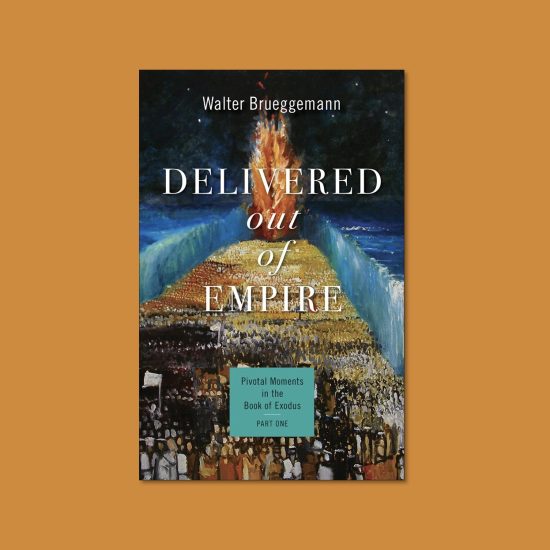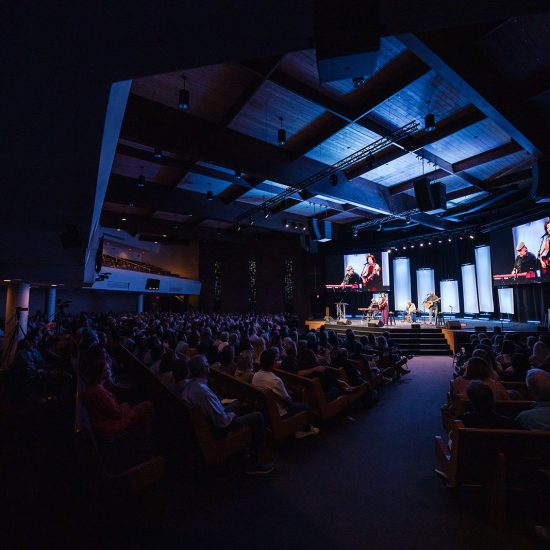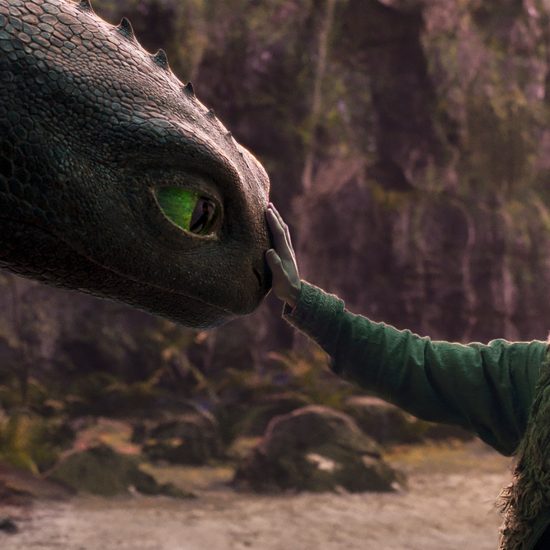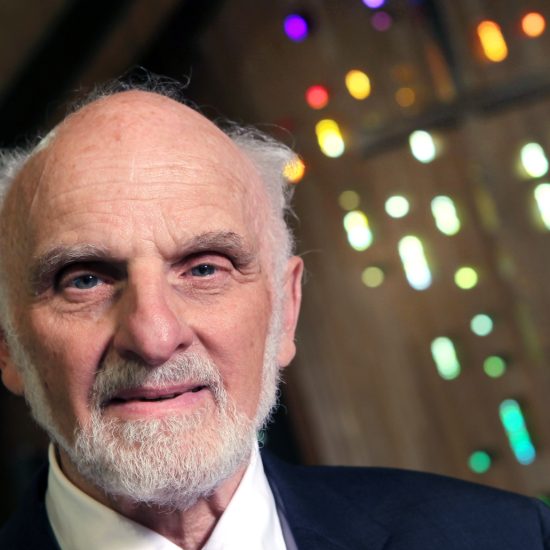
In the TV show Terminator: The Sarah Connor Chronicles — like in the film franchise featuring Arnold Schwarzenegger — a system of self-aware AI machines travel back in time to kill the human leader of the resistance, John Connor, before he can grow up. There’s a scene in the first episode of the second season when John’s mother Sarah is in a Catholic church and talks with a cyborg that was reprogrammed to protect John.
“Do you believe in the Resurrection?” Cameron the cyborg asks Sarah after staring at a large crucifix in the sanctuary. “The story of Jesus Christ, the Resurrection. Do you believe in it?”
Sarah retorts, “Would you, if you’d seen what I’ve seen?”
“Faith isn’t part of my programming,” Cameron responds flatly.
Sarah responds she’s “not sure it’s part of mine either.” It’s a bit ironic that Sarah has rejected religion since the original Terminator tale is basically what some have called “a sci-fi Nativity story” (though it seems to follow the Revelation 12 version more than those found in Matthew or Luke, which the TV show hints at by naming the AI program “Project Babylon”).
But while Sarah rejects religion, Cameron is incapable of it. Despite looking, sounding, and acting like a human in ways that fool those around her, Cameron is still just a machine without a soul or emotions. She cannot believe in the Resurrection. There is no promised afterlife for cyborgs — they’re just destroyed or reprogrammed.

Summer Glau as Cameron in Terminator: The Sarah Connor Chronicles.
The warning in the Connor stories about technological advances like AI is a feature in many sci-fi novels, films, and TV shows. But that doesn’t mean these fiction tales aren’t realistic. With massive advances in AI in recent months, the director and co-writer of the first two Terminator movies spoke last week about his concerns over rapidly-advancing AI.
“I warned you guys in 1984, and you didn’t listen,” said James Cameron (who the Terminator TV show honored with the name of the protective cyborg) as he referred to the release year of the original film.
“I think the weaponization of AI is the biggest danger,” he added. “You could imagine an AI in a combat theatre, the whole thing just being fought by the computers at a speed humans can no longer intercede, and you have no ability to deescalate.”
But while Cameron sees potential human annihilation, some in the U.S. military are happy to push ahead with AI technology. And a three-star Air Force general even insisted last week we shouldn’t worry about the U.S. military using AI because such AI will be “moral” since the U.S. is “a Judeo-Christian society.”
That claim raises significant questions about whether AI can even be moral or Christian, especially when utilized for military purposes. So this issue of A Public Witness considers the claim that military AI can be Christian and seeks the opinion of a couple of theologians (in addition to an AI bot).

The rest of this piece is only available to paid subscribers of the Word&Way e-newsletter A Public Witness. Subscribe today to read this essay and all previous issues, and receive future ones in your inbox.






